The Philippines has signalled it might call off a $5.6 billion deal for F-16 fighter jets with the US in the view of so-called reciprocal tariffs levied by the Donald Trump administration. Manila faced 17 per cent levies under Trump’s reciprocal tariffs. Despite a global halt on tariffs except for China, the Philippines still faces a 10 per cent universal tariff on exports to US.
Last week, Philippine ambassador to the US, Jose Manuel Romualdez, said that his nation was pushing for a trade deal with the US and discussing “how we can go through this whole process”. He also warned that the new tariffs significantly hurt the Philippine economy, something that can render the “expensive” F-16 fighter jets unaffordable for the Southeast Asian nation.
‘It’s quid pro quo’
Notably, the Trump administration earlier this month greenlighted the sale of Lockheed Martin-made F-16s to Manila, a security ally of the US through a 74-year-old mutual defence treaty.
However, Romualdez now warns that the deal may not go through since heavy tariffs have been imposed by the US despite the balance of trade being in America’s favour. He highlighted how the $5.6 billion deal would have actually meant a “US$1 billion surplus in favour of the United States”.
“It’s a quid pro quo,” Romualdez said.
F-16s to become costlier
Experts have warned that Trump’s tariffs might push the cost of already expensive F-16 jets even further up, partly because several components that go into manufacturing are sourced from different nations.
“Lockheed Martin has over 500 suppliers around the world: you’ve got parts produced domestically, parts from places like the UK and the EU, and so on,” highlighted Vincent Kyle Parada, a former defence analyst for the Philippine Navy and a graduate student at the S. Rajaratnam School of International Studies.
“It’s a global supply chain, and the back and forth between countries throughout that supply chain is going to raise manufacturing and maintenance costs for platforms like the F-16.”
On the other hand, such strictly transactional approach, which might not be necessarily strategically sound, may sabotage USA’s campaign in the Indo-Pacific region to deter China and dissuade it from launching an invasion of Taiwan.
Sherwin Ona, an international fellow at the Institute for National Defence and Security Research in Taiwan, was quoted by the South China Morning Post as saying, “Eventually, the US will have to recalibrate its approach given the urgency of strengthening deterrence in the South China Sea and addressing a possible Taiwan contingency.”
Furthermore, Parada warned USA’s reckless trade policy might push Indo-Pacific nations to diversify their co-operation and turn to other like-minded nations.
“Natural response for Indo-Pacific states will be to diversify and enhance defence cooperation with other like-minded countries,” warned Parada.


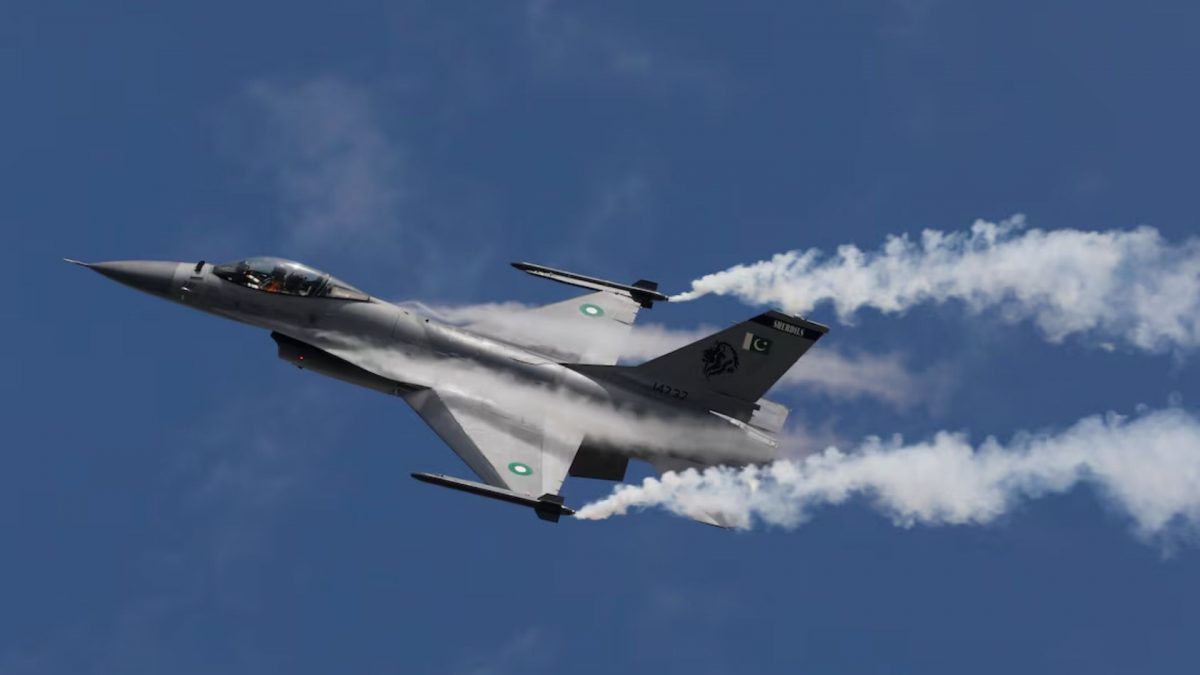)
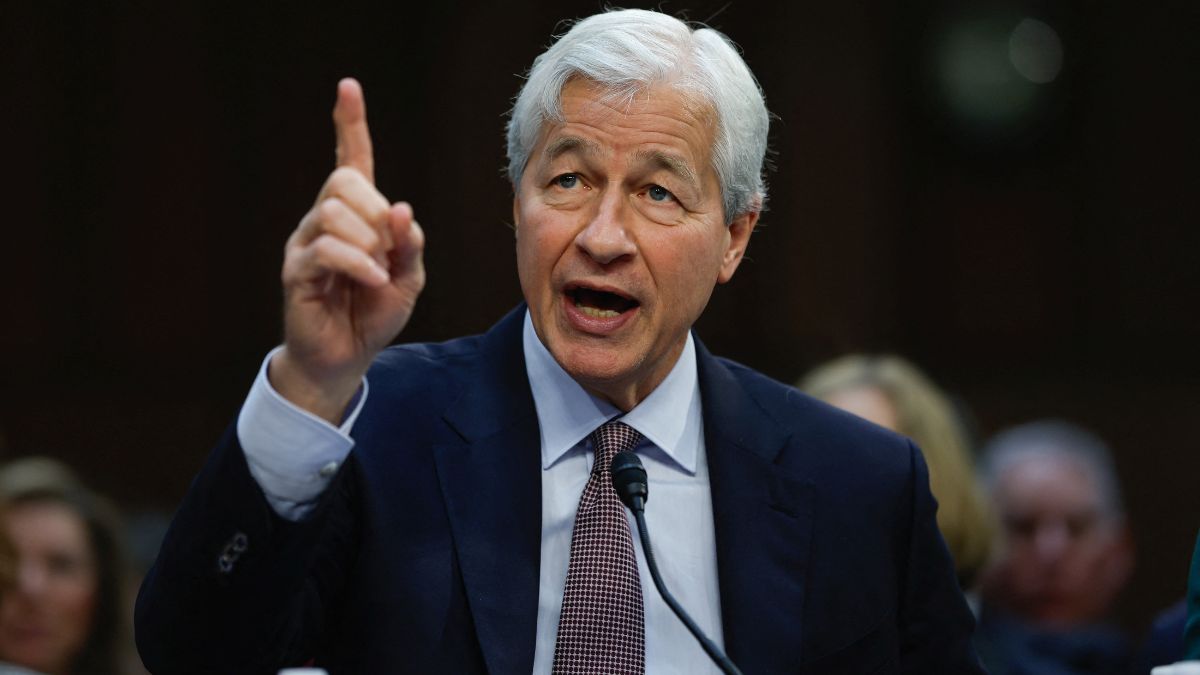)
)
)
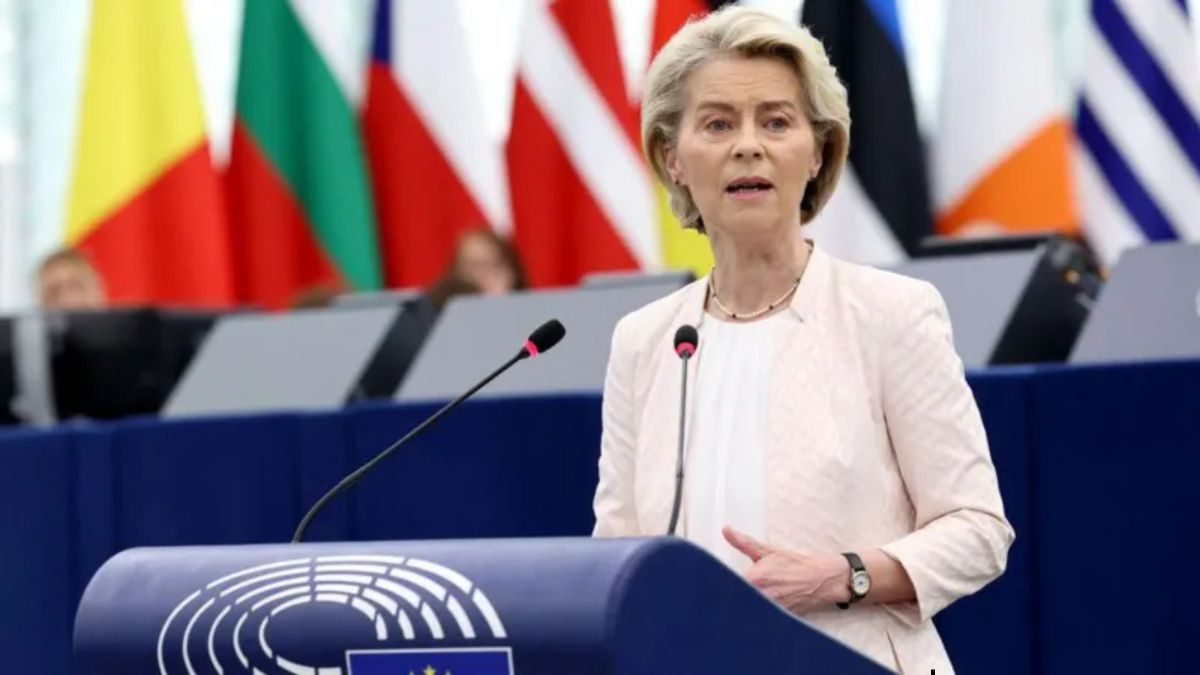)
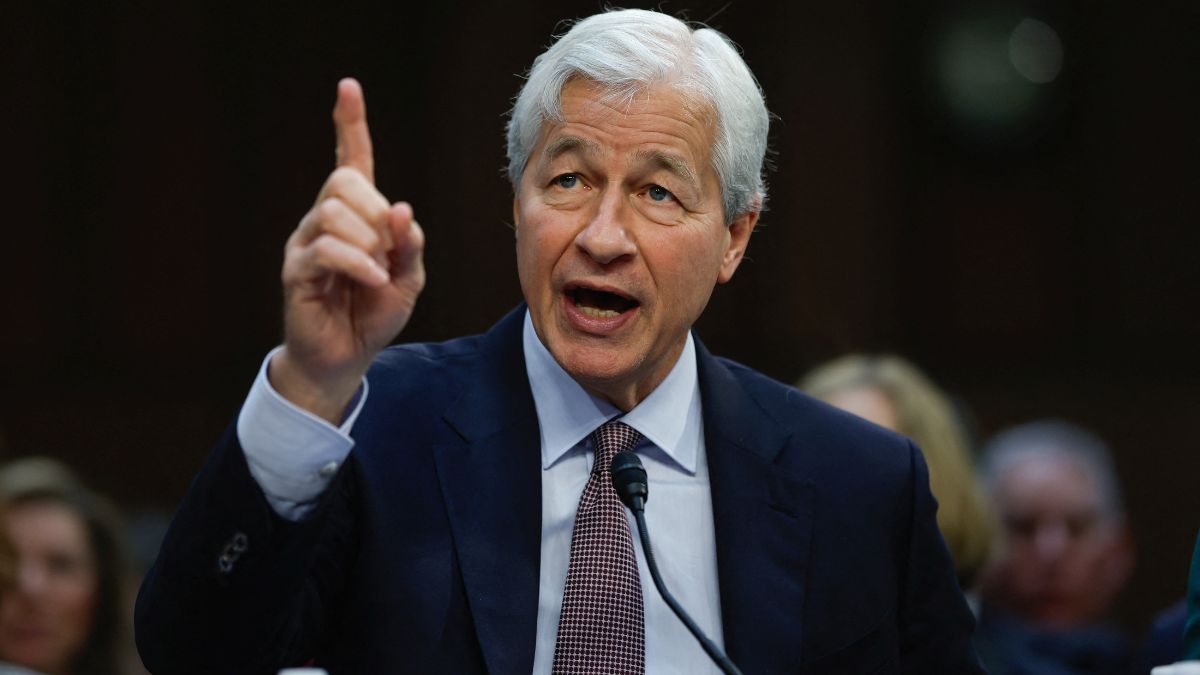)
)
)
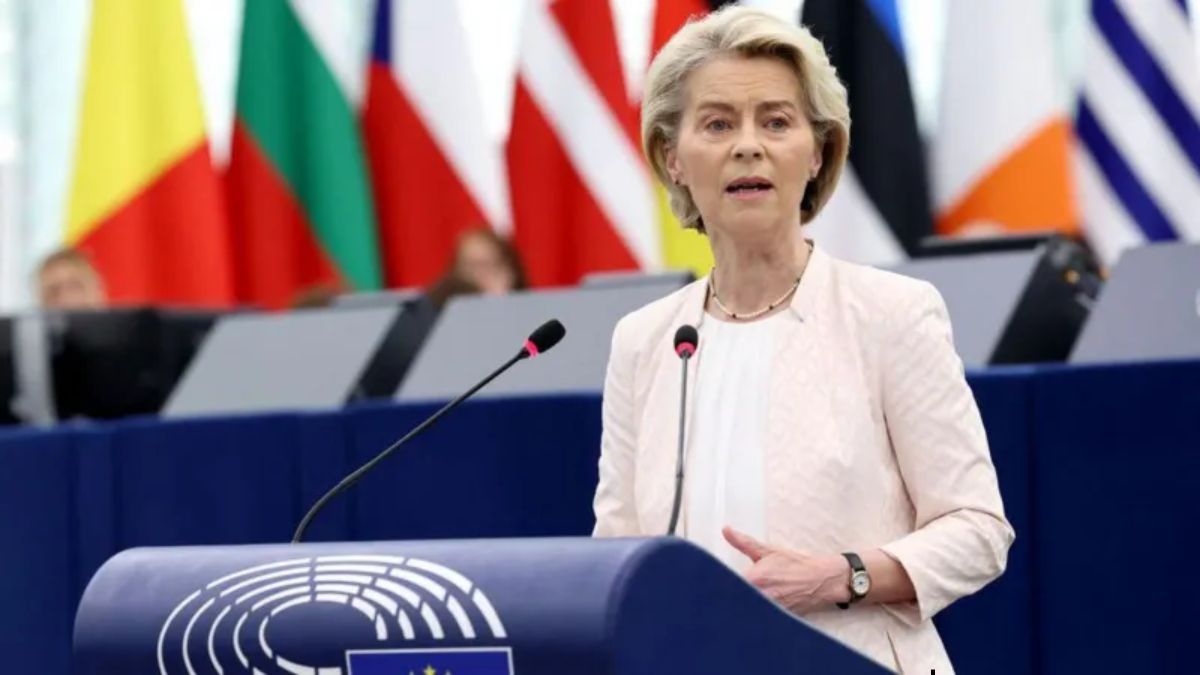)